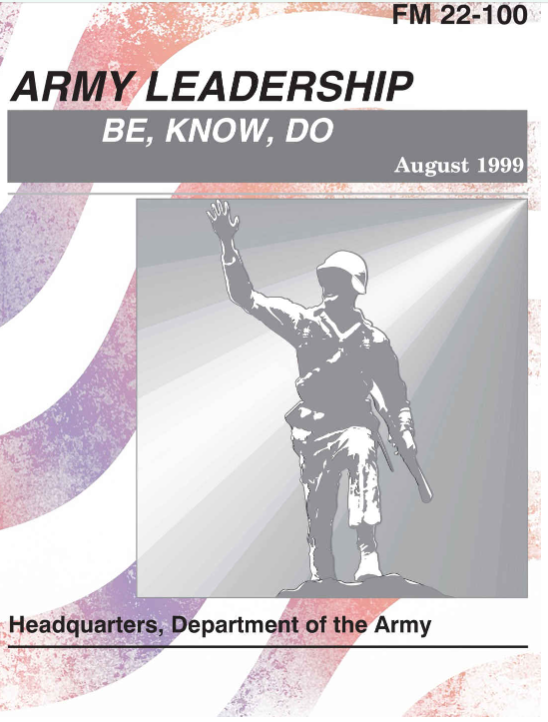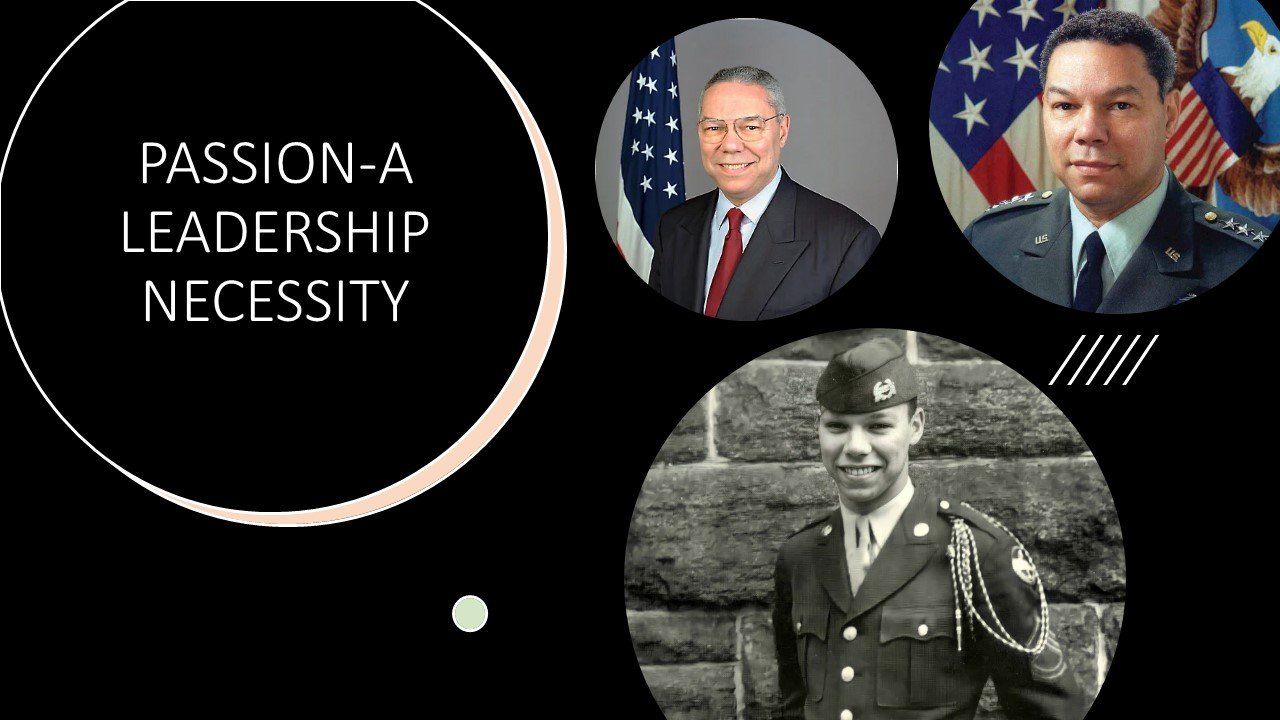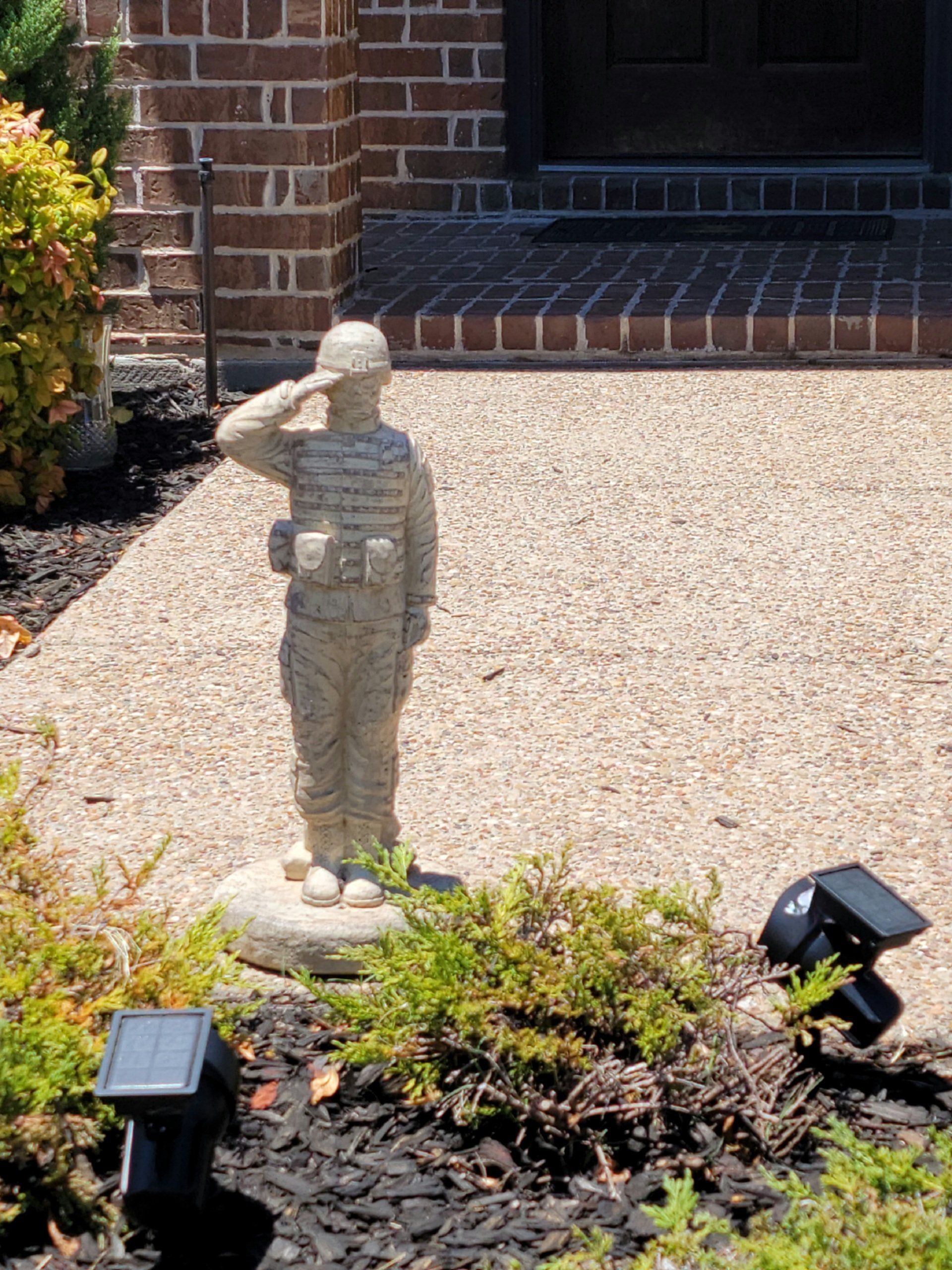FEAR VS RESPECT (KNOWING THE DIFFERENCE)
This is a subtitle for your new post

Do what I tell you to do and don’t ask questions!” Many times, leaders believe that getting the job done without question or comment means that they are leading with authority. Moreover, especially with young leaders having those they lead scatter quickly when they appear on the scene or jump at the bark of their orders is a sign in their minds that they are leading…in charge…and respected, however, this is, in most instances not the case at all.
Leadership certainly has many definitions and connotations and getting the job done seems to be one of the many traits of being a good leader. Though this is important, leaders at all levels must understand that this is just one small part of leadership. It is very common for young leaders to rely heavily on positional authority and want to be feared because at this juncture in their careers, it’s really all they know. As a young sergeant in the U.S. Army, I recall using this authority often because my skills as a teacher, leader, coach, and mentor were limited and working to have those I led understand the importance of what they were doing and why seemed to be unimportant. “Getting the job done”, making it happen, as the Noncommissioned Officer motto says, was paramount and I wasn’t overly concerned with what lessons I was teaching or how I taught them. I had always heard stories of sergeants being feared and had witnessed so many times those who were leaders, yelling, screaming, and making a scene for every “failure” of those they led. I was flawed and impressionable and led in this manner early on in my career though I knew this was not leadership
As I grew as a leader, I came to understand that respect and fear were not the same. Leaders are supposed to have their fingers on the pulse of the organization and if you are feared, if those you lead scatter like roaches when the light is turned on, as the saying goes, upon your appearance in the workplace, then you may want to do a re-assessment of what you are doing and how you are doing it. How is it possible that you can have a firm grasp of what is going on in your organization or get the crucial candid feedback from your team if they run when they see you coming? How is it possible to make sound decisions when the people who see more and do more on a regular basis regarding the operations of your organization will not share what they know or have seen because they “fear” you? Albert Einstein stated that “Unthinking respect for authority is the greatest enemy of the truth.” Without the truth you will also be without the knowledge necessary to improve upon your organization and those you are charged to serve and lead.
A person whom I greatly respect, a pastor, who also served as a Soldier had once shared a story with me regarding a significant emotional event in his career. As he rose through the ranks, he had seen this leadership style of yelling and screaming. He had told me that this style of leadership was rewarded with praise and accolades by his seniors. Though this man was a pastor even at this time, he had not applied those basic Christian values of respect and support to his Soldiers. Yes, he got the job done and knew his job better than most. He had also been rewarded countless times for high performance in both peace and combat, yet the tale to this leader was told when it was time for him to depart his unit to go to another.
It is tradition in the Army that as leaders depart a dinner is held in their honor to give praise and to give gifts. It is normally attended by the leaders’ leaders and by those the departing Soldier has led. As the Soldier Pastor scanned the room of the farewell event, he slowly began to realize that the only people present were the junior leaders. He later learned that they had showed up reluctantly so. None of the young Soldiers that this leader had led attended the farewell dinner. As the Pastor told the tale I could see the hurt in his eyes and feel the pain in his heart even though this event had transpired so many years ago.
The younger Soldiers that the departing Soldier had led had not attended and could not be convinced to attend because of the way they had been treated. Let me be clear though, there was nothing overly horrible about the treatment. No abuse or humiliation, but certainly not mentoring and not respectful. The Soldier’s desire to be “feared” trumped all and in thinking the two were synonymous and being praised for this style by those above, the departing leader perpetuated what he thought was right. Generally, what gets rewarded gets perpetuated.
The Soldier was saddened by these events. After receiving some guidance from another senior leader about his leadership style and the fact that it was lacking in the fundamentals, most specifically, about mutual respect he worked diligently to change his style, the way he treated his Soldiers …. his leadership.
From that day on, he led differently, respectfully. He continued to have a successful career and enjoyed the respect and loyalty that he earned through his modified leadership style. Make no mistake, he was hard when necessary and compassionate always, but ever changed from that humbling and saddened occurrence of the farewell dinner that saw a farewell to his self-esteem for a short time after.
The point here is not that the young Soldiers didn’t show up. The point is why they didn’t. Yelling and screaming make for great Hollywood script, but it doesn’t make for a loyal following, especially when it is a constant. He didn’t respect them so…they didn’t respect him and showed it by not showing up to his farewell dinner.
What he realized is that fear and respect are not in fact the same as many people believe. Fear of a leader makes you do something; respect for your leader makes you want to do something. The latter takes more time, more investment, more passion, but the effects are long lasting, and heart felt and certainly go a long way towards paying future dividends for the current investment of respect and dignity. Leaders must always remember, as Albert Camus said that “Nothing is more despicable that respect based on fear.”









